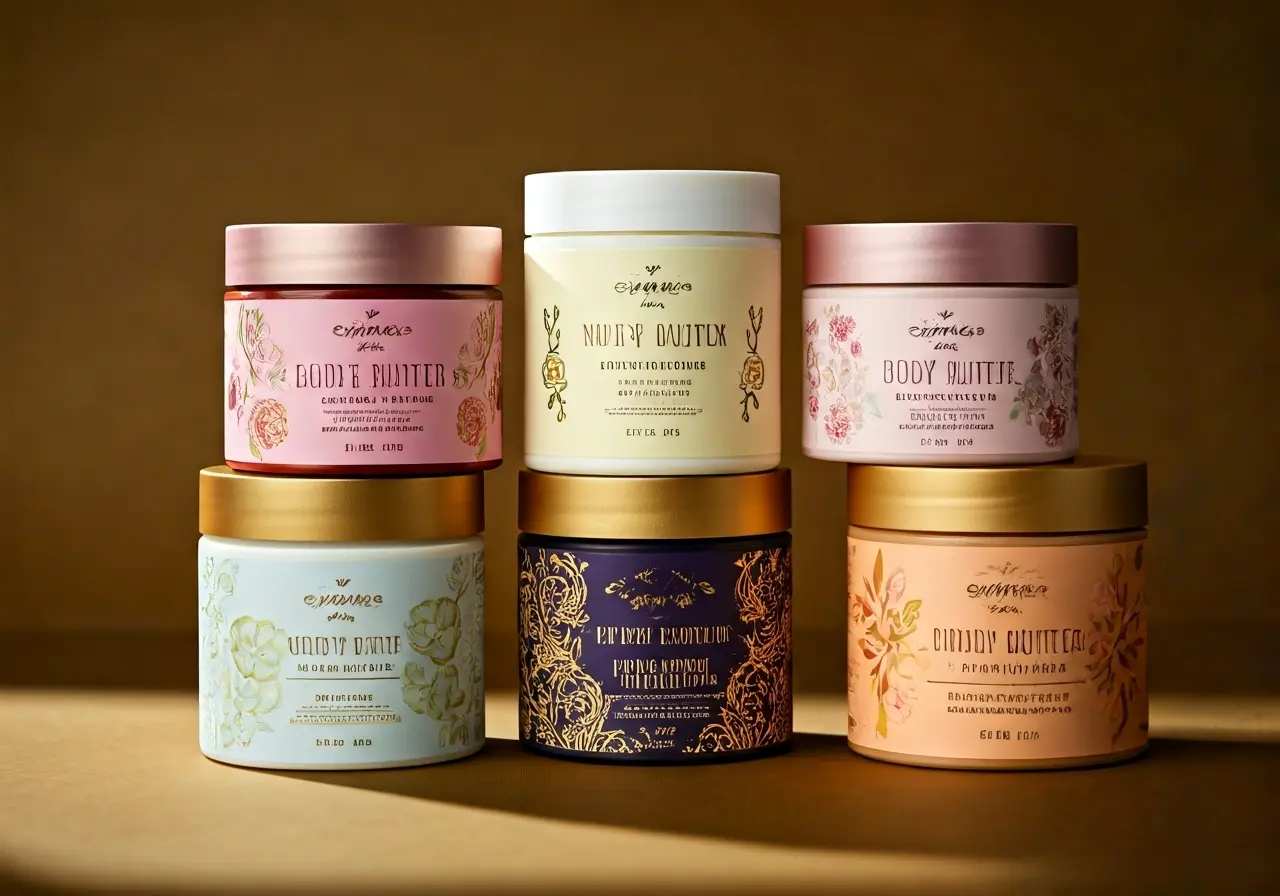Choosing the right body butter for black skin can make a world of difference in hydration and radiance. With countless options on the market, it’s essential to understand what your skin really needs. In this guide, we’ll explore some pivotal tips that will help you choose the best body butter, keeping your skin glowing and healthy.
1. Understanding Your Skin Type
Identifying whether your skin is oily, dry, or combination is the first step to finding the right body butter. This determination will guide your choice in selecting a formula that caters specifically to your needs. For instance, if you have dry skin, you’ll need a product that’s rich and creamy, providing deep moisture without clogging your pores. On the other hand, those with oily skin might benefit from a lighter, non-greasy formula that nourishes without adding excessive shine.
Moreover, understanding your skin’s tone can help in choosing ingredients that enhance radiance while addressing specific concerns like hyperpigmentation. Shea butter, known for its emollient properties, is excellent for providing that lasting hydration and glow black skin often craves. Meanwhile, cocoa butter is renowned for its ability to fade scars and even out skin tone.
2. Looking for Natural Ingredients
Check for body butters that contain rich, natural ingredients like shea butter, cocoa butter, or mango butter. These natural moisturizers penetrate deeply, offering superior hydration and nourishment. Such ingredients are not only more compatible with your skin’s chemistry but also reduce the risk of irritation that synthetic additives might cause.
Incorporating natural oils like coconut and jojoba oils can further enhance the moisturizing effects of your body butter. These oils, known for their antioxidant properties, can protect the skin barrier and aid in retaining moisture, even under harsh environmental conditions. For those looking to address specific skin conditions, consider body butters infused with oils like argan or almond, which have additional benefits, such as improving elasticity and soothing inflammation.
3. Prioritizing Hydration
Ensure that the body butter you choose is focused on hydrating the skin. Hydration is key to maintaining the suppleness and glow of black skin, helping to prevent dryness and ashy appearances. Especially during the colder months, our skin faces challenges such as losing moisture quicker due to low humidity levels.
Oftentimes, products might appear moisturizing but don’t actually lock in moisture effectively. Look for body butters that include humectants like glycerin or hyaluronic acid, which draw water into the skin, keeping it plump and hydrated. Combining these with occlusive agents like shea or cocoa butter creates a barrier on the skin, preventing water loss and sustaining hydration throughout the day.
4. Considering Fragrance
Fragrance is a personal preference, and it’s essential to find a body butter with a scent that complements your tastes without overwhelming your senses or causing irritation. Many body butters offer a range of fragrances derived from essential oils, like lavender or citrus, which can provide a therapeutic effect while moisturizing.
However, if you have sensitive skin, opting for unscented or naturally scented options might be beneficial. This way, you avoid any potentially harmful reactions to synthetic fragrances. Brands often label their ingredients carefully, so it’s worth checking if the scent is from natural origins or a concoction of synthetic chemicals, as the latter could irritate even those without sensitive skin.
5. Texture Matters
Some people prefer a thick, luxurious texture, while others may opt for a lighter, whipped butter. Choose a texture that you love, ensuring it absorbs well into your skin without leaving a greasy residue. The experience of applying body butter should not only feel good but also be an important ritual in your skincare routine.
Thicker butters are typically more suitable for dry or mature skin, as their richer consistency can provide a longer-lasting moisturizing effect. Conversely, lighter formulations might be better suited for warmer climates or oily skin, where heavy creams may feel too suffocating. Experimenting with samples can be a great way to determine which texture is the most compatible with your preferences and skin type.
6. Ingredients to Avoid
Stay away from body butters with harsh chemicals, parabens, or synthetic additives that could harm or dry out your skin. Opt for products with a clean, safe ingredients list. These potentially toxic components can cause more harm than good, especially with prolonged use, leading to irritation or even skin damage.
Additionally, scrutinize labels for terms like ‘fragrance,’ ‘paraben,’ and ‘phthalate,’ as these often indicate synthetic additions. Going for certified organic or dermatologist-approved products can be a safe bet, ensuring what you’re applying is both effective and gentle. For those with a dedication to natural skincare, look for eco-friendly options, which not only benefit your skin but also reduce environmental impact.
7. Checking for Skin Sensitivities
If you have sensitive skin, it’s crucial to test products on a small area before full application to avoid adverse reactions. Choose hypoallergenic options tailored for sensitive skin types. These formulations should minimize the risk of irritation by using fewer ingredients and avoiding common irritants found in regular products.
Moreover, consider body butters designed specifically for sensitive skin, which often contain soothing agents like aloe vera or chamomile, known for their calming properties. If fragrance or essential oils are present, ensure they are suitable for sensitive skin. Conducting an extensive patch test remains one of the best ways to ascertain compatibility, highlighting any irritation early and preventing discomfort from widespread application.










